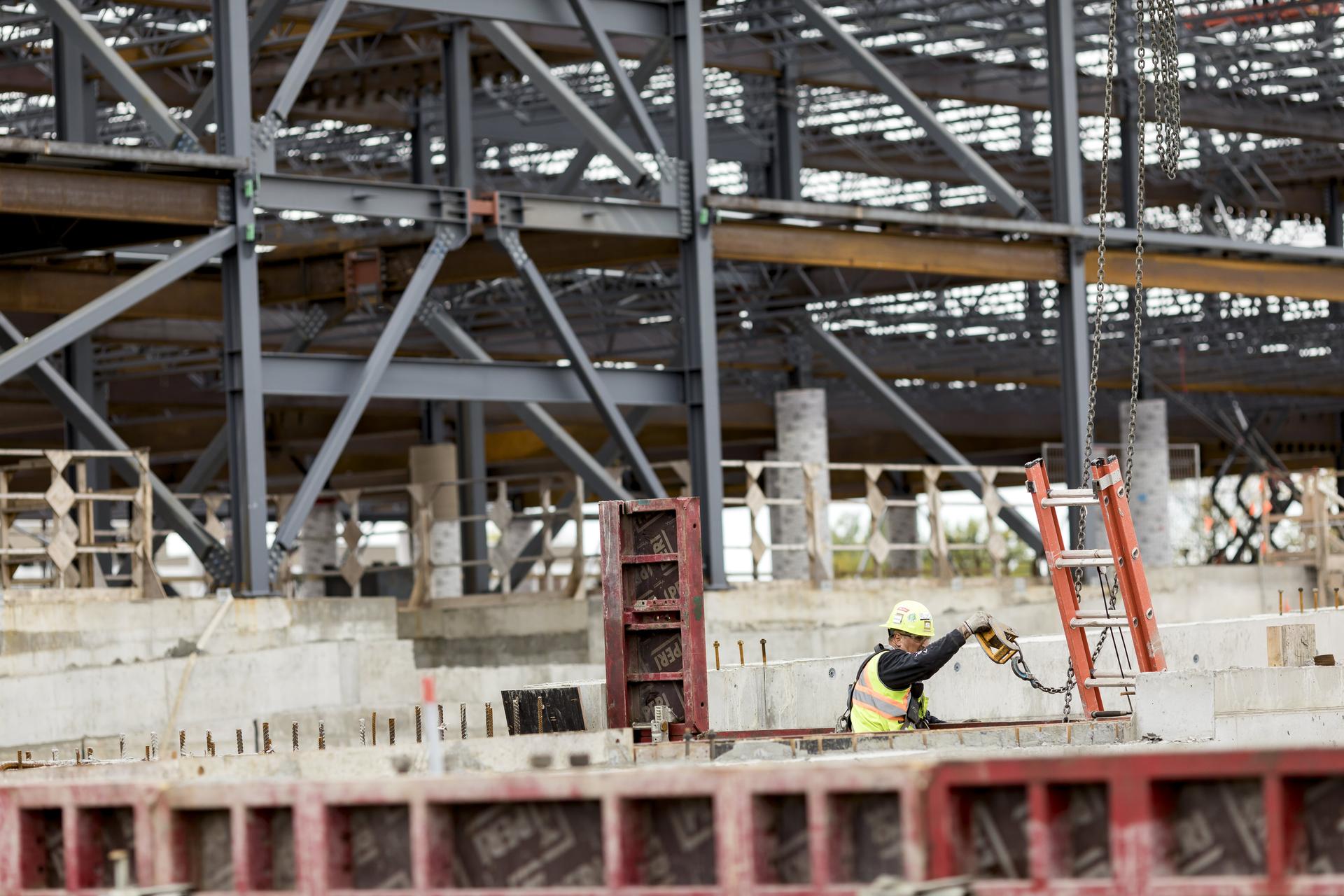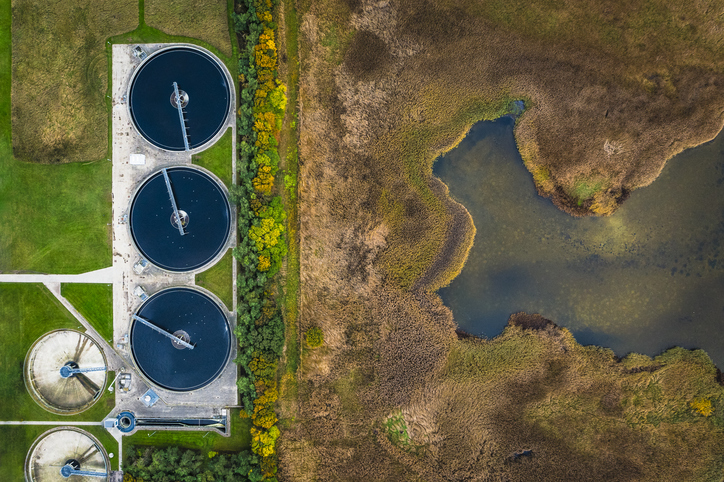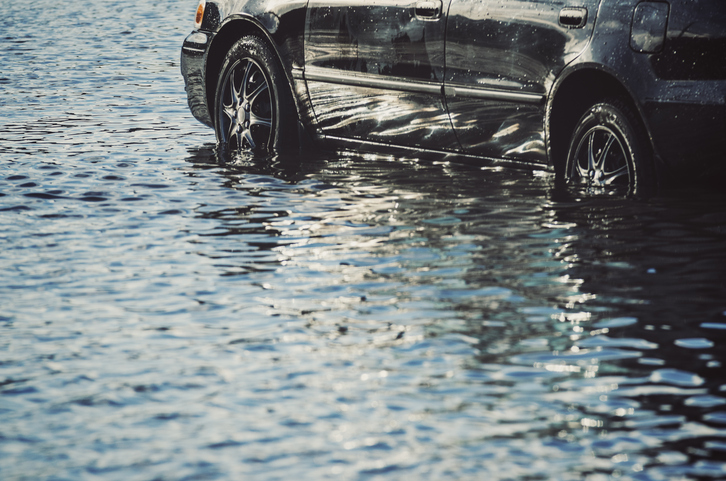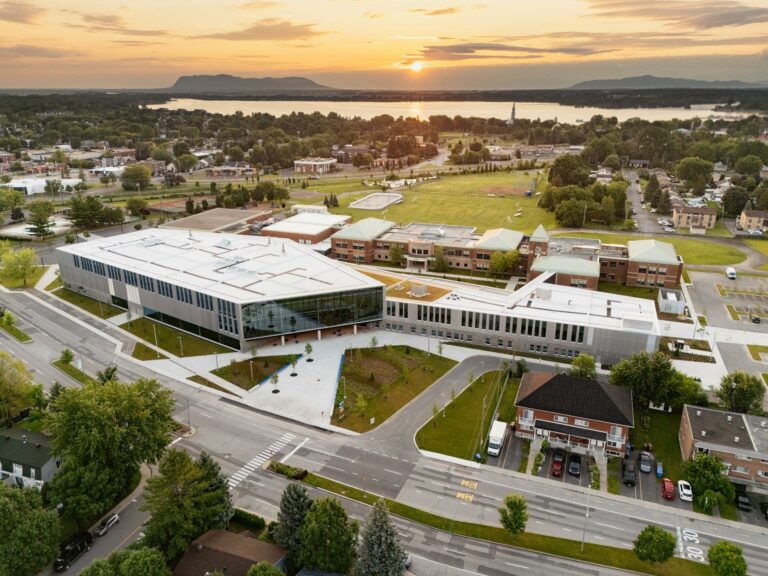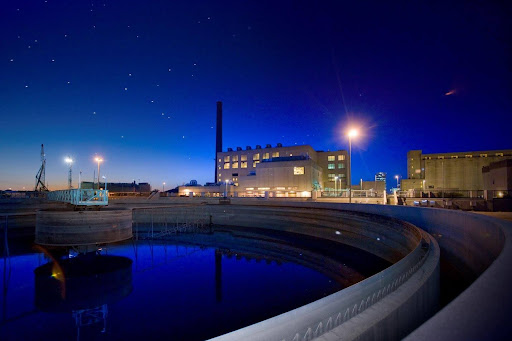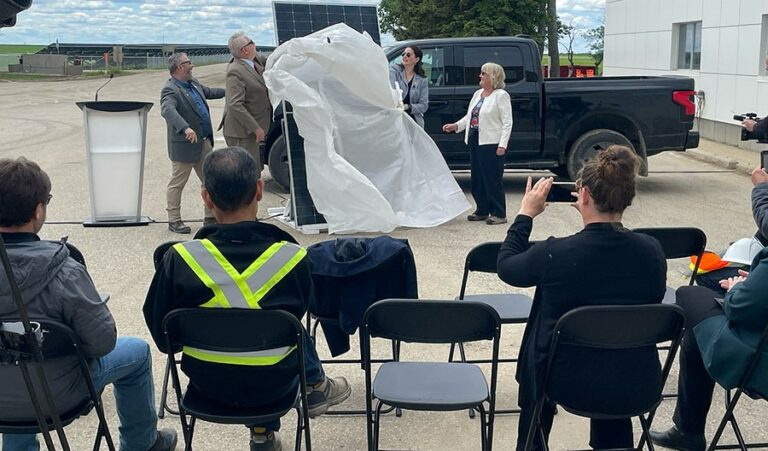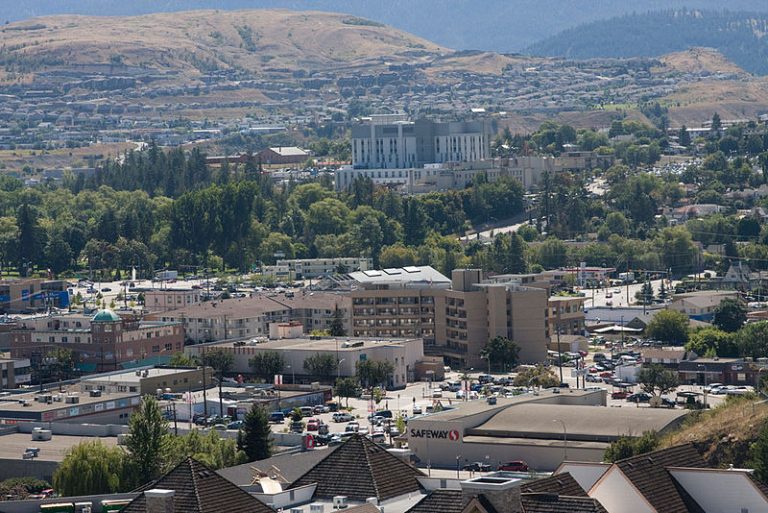Reducing the impacts of climate change requires a collective action plan. To inspire change on its worksites and within the industry, Pomerleau created the Heat Better Challenge, a contest that encourages project teams to decarbonize their operations and reduce site heating and fuel costs.
Temporary heating is responsible for a large portion of the company’s GHG emissions. By 2030, Pomerleau is targeting to reduce its Scope 1 and 2 GHG emissions by 40% compared to 2021, its baseline year, by reducing the consumption of fuel related to its operations.
The Heat Better Challenge was founded upon the success of Pomerleau’s pilot heating project, which was conducted in the winter of 2022-2023. The company tested different heating units with smart thermostats to assess their optimization potential and demonstrate their increased cost-effectiveness, reduced environmental impact, and ability to significantly reduce fuel consumption compared to conventional temporary heating units.
The results of the trials exceeded Pomerleau’s expectations. CO2 emissions were reduced between 15% to 50%. The project findings also revealed that using smart thermostats within certain types of heaters generates several benefits, including a reduction in refuelling frequency, remote management, reduction of monitoring, increased control, effective issue detection, better reporting and versatile use.
Following the successful pilot project, Pomerleau launched the Heat Better Challenge over the winter of 2023-2024. This internal initiative, driven by collaboration among different Pomerleau teams, aimed to expand the use of remote monitoring units, optimize heating conditions and increase the use of electric units.
“The Heat Better Challenge wasn’t just about finding new technology; it was about working together towards a common goal. I’m incredibly proud of the way our teams collaborated and the real impact we’ve made in reducing our emissions,” said Marie-Ève Thellen, a Climate Change Advisor for Pomerleau’s Environment team.
The company tested solutions from various vendors, demonstrating the positive impact of these units on different sites and under varying conditions. These units provide remote site monitoring, including temperature readings, and automatically cycle heaters to maintain optimal conditions. Overall, 17 project teams participated in the challenge, installing more than 150 units, putting Pomerleau on track to reduce 1,000 tons of CO2e.
“Optimizing temporary heating is essential to reducing our energy consumption and our impact on the planet. The Heat Better Challenge is a welcome initiative that encourages us to take concrete action in this direction,” said Francis Martin, a Superintendent at Pomerleau whose site participated in the challenge.
The Heat Better Challenge represents a step forward for Pomerleau in its mission to reduce its GHG emissions and build sustainable communities for all.
For more information about Pomerleau’s Environment, Social and Governance (ESG) commitments and sustainable solutions, click here.

